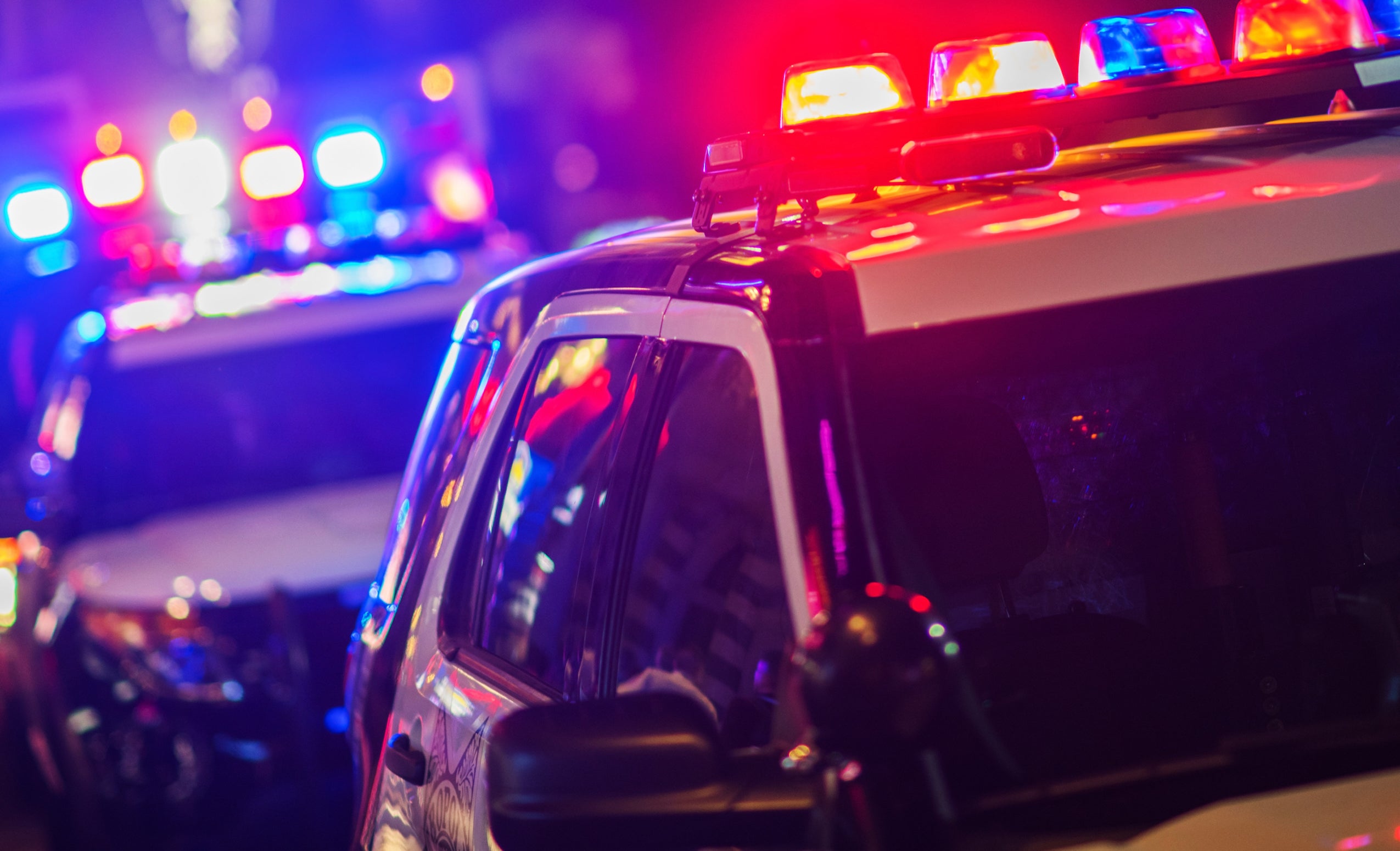This past spring, when George Floyd was killed by a police officer, the country erupted in anger and demanded real change to the institution of policing. Though the uprisings may have seemed swift, said Loyola Law School Professor Priscilla Ocen, “this reckoning has been decades, or even centuries, in the making.”
Ocen was one of a quartet of speakers in the kickoff event for a yearlong virtual lecture series, “Policing in America,” co-organized by Professors Andrew Manuel Crespo ’08 and Alexandra Natapoff, the series is one of three that Harvard Law School will be hosting this year touching on different aspects of the intersection of race and the law; the other two are “COVID-19 and the Law” and “Racial Equality?”
In her opening remarks for the first session, “The Problem & the Moment: Diagnosing the American Penal System,” Natapoff said she was heartened by the number of people making real sacrifices by “putting their bodies and their lives and their careers on the line to insist that our criminal system be better.”
One of those people was speaker Cori Bush, Democratic nominee for Missouri’s First Congressional District. Bush, a registered nurse and pastor, described herself as “just [a] Black woman trying to survive in America” when Michael Brown was killed by police in Ferguson, a town just a few miles from hers.
Stunned to see “something that looked like civil rights footage from the ’60s” in 2014, she was moved to action. She became an activist, and more recently, a candidate for Congress who recently ousted a longtime representative in this past August’s primary. Bush, a likely victor in the heavily Democratic St. Louis area, has run on a platform of criminal justice and police reform.
Bush said that while she has been told “to shave off the rough edges of the activist” as she pursues her political career, she pushes back on this idea. “I don’t have to do that. I’m bringing the activist into Congress.”
Bush’s view may be representative of a larger shift. University of Virginia School of Law Professor Rachel Harmon, who has spent more than two decades studying policing issues, said she sees “something new in today’s protests and in the conversations about police.”
Many people, Harmon said, no longer accept the premise that police are necessary and useful to promote public safety and bring offenders to justice. “The new thing that I hear in today’s protests about policing is that policing’s problem is like mass incarceration: whatever policing’s benefit as a whole, it is doing too much harm.”
This change in the conversation can be seen in a number of different ways, including robust protests and demonstrations that begin within hours of incidents involving deadly force from police officers. It also includes calls for reforms, such as requiring independent prosecutors for police misconduct; eliminating qualified immunity, a legal defense that can shield police officers from liability for misconduct; and defunding the police, by which advocates often mean redirecting a portion of police department resources to other local support services. There is also a movement to shift some decision-making from “traditional political elites” to “those who suffer” from policing’s harms, Harmon said. “There’s a subtle message there … that we will only get policing that’s worth its costs if we pay attention to what those costs are, and the only way to do that is to give voice to people who suffer that.”
While the renewed focus on policing’s harms is a welcome one, said Ocen, it is essential to look beyond “the traditional view of policing and police violence [that] posits Black men and Latinx men [as] the primary targets and victims of policing.”
Indeed, she said girls, women, and gender nonconforming people are subject to signficant state surveillance and punishment. For example, she said, “the second most-complained about form of police misconduct … is sexual violence.” An Associated Press investigation found that almost 1,000 officers lost their badges during a six-year period because of allegations of rape, sodomy, or sexual assault. Other practices, such as warrantless searches of homes of individuals who are reliant on public housing, negatively affect a diverse set of populations.
It is not until we can also address these broader concerns of policing that “we can say that we have firmly dealt with the problem of policing in America,” she said.
It is also time to broaden the scope of our scrutiny, said Rachael Rollins, district attorney for Suffolk County in Boston. If we are to fix policing as a whole, she believes, we must look to changes that can be effected by district attorneys. Rollins herself, for example, has outlined plans to decriminalize certain low-level offenses by refusing to prosecute them.
More than in the past, communities recognize that there are “two systems,” she says, and “that poor people and Black and brown people overwhelmingly receive a very different police department…[and] criminal legal system than many others do.”
The goal, she said, is not for everyone to experience “the floor … that poor Black and brown people experience” but to “lift the floor to the ceiling” and allow everyone to be able to have “the belief that the system actually works.”
If there are many challenges facing policing right now, the opportunities for improvement can unlock real and positive change for communities across the country. Police, said Harmon, can play an important role in making communities safer and more livable, “but they don’t play that role in every community,” she said. “Until they do, we’re going to have to talk about the harms [that they cause] as well as the benefits they can bring. … [T]hat shouldn’t be taken as a lack of faith in what policing can achieve in the United States.”
